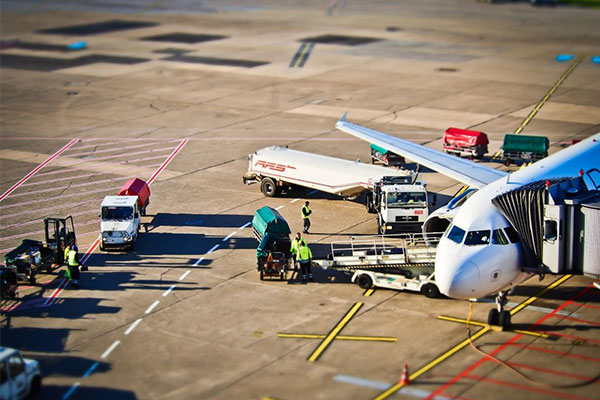In the face of unprecedented challenges facing global supply chains,air transportThe market welcomes an unusually busy “out-of-season”. Usually, the air freight market is out-of-season at the beginning of the year and after the Lunar Spring Festival, but this year the situation is very different. The impact of the Red Sea crisis has led global retailers and manufacturers to turn to air freight to avoid delays, which has led to the global air freight market to “explode” during the traditional out-of-season.

As a result of the attacks by the Houthis in Yemen, the Red Sea shipping was blocked, many Eurasian container ships were forced to evade the Suez Canal and circumvent Africa, causing large delays in the maritime market. This shift forced European importers to look for alternatives, so air transport became the preferred option. According to Niall van de Wouw, chief air carrier at Xeneta, the transport data company, this increase in demand has made the air transport market extremely busy and global air traffic has seen a two-digit increase in the last four months.
WorldACD data showed that since the beginning of this year, Asia-European hubs such as Dubai, Bangkok and Colombo have been busy, and that Dubai’s freight traffic to Europe has doubled compared to a year ago. The International Air Transport Association (IATA) also noted that Middle Eastern-European trade was the world’s fastest growing air transport market in February, with a growth of 39.3%. At the same time, the number of ships in the Suez Canal decreased significantly, further increasing the demand for air transport.
In this case, the cost of air transportation is much higher than sea transportation has become the cost that many are willing to bear, especially when faced with the risk of shipping delays. According to industry statistics, on routes connecting the Middle East and South Asia to Europe, the average current air freight price rose 46% from February to March to $2.82 per kilogram, up 71% from the same period last year. This price rise is mainly attributed to the blockage of Red Sea shipping and the strong demand for e-commerce enterprises from Asia.
Due to a shortage of parts, manufacturers, including Tesla and Volvo, had to suspend production at some automotive factories in January.In order to meet production plans and keep the factories operating properly, manufacturers began to shift high-priority goods from shipping to air transportation.This change has not only an immediate impact on the air cargo market, but may also have a long-term impact on the way the global supply chain is managed.
As the global economy has gradually recovered from the new coronavirus, supply chain stability has become a focus of concern for countries and enterprises. The explosion of the air transport market under the Red Sea crisis reflects the vulnerability of global trade liquidity and the urgent need for alternative logistics routes. Industry experts expect this growth in transportation demand to continue, while also calling for global supply chain diversification to enhance its ability to withstand future challenges.


 Follow customer service WeChat
Follow customer service WeChat